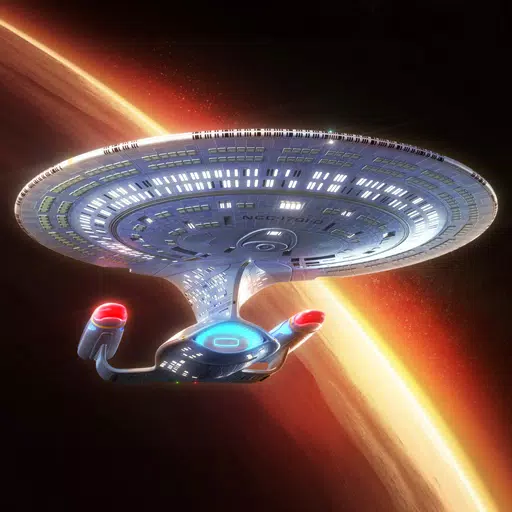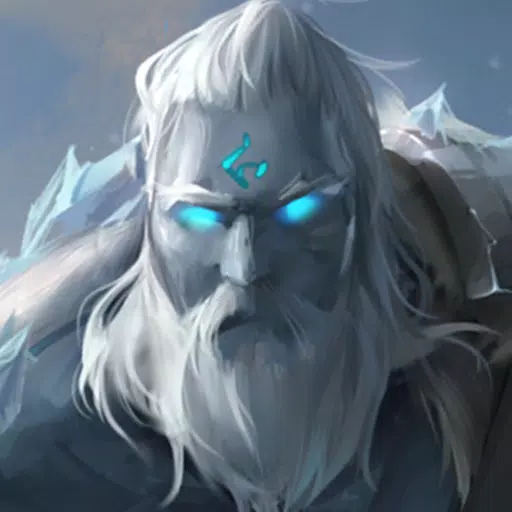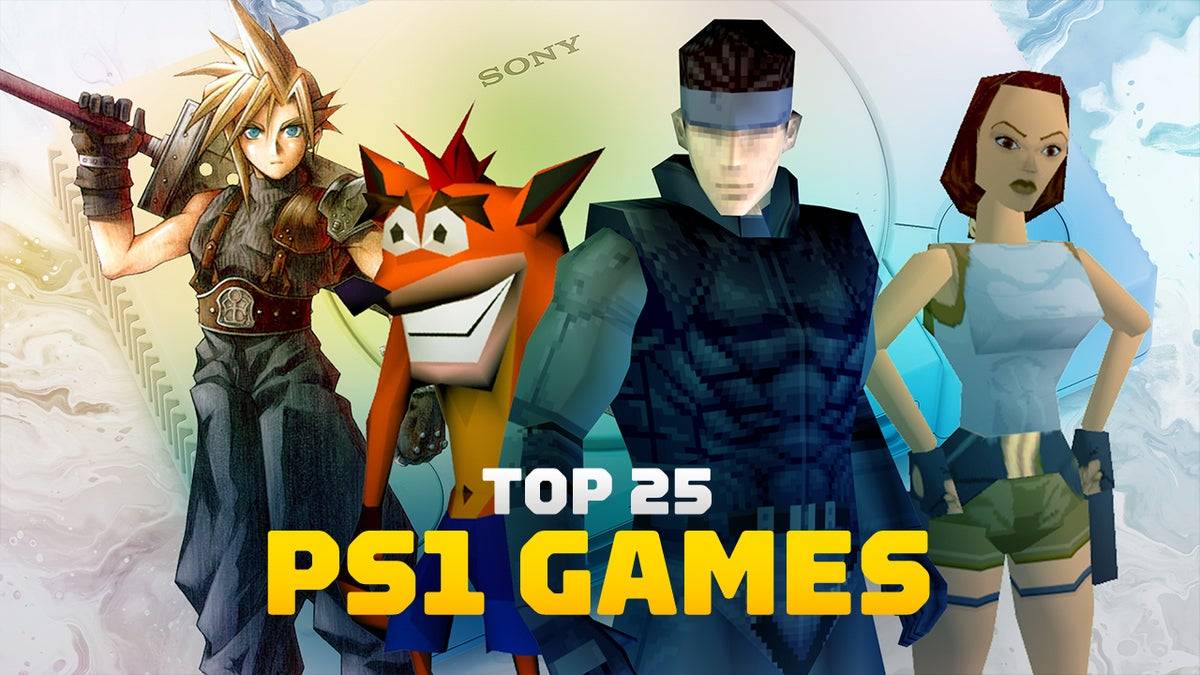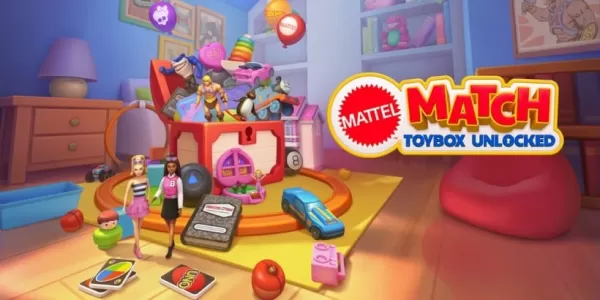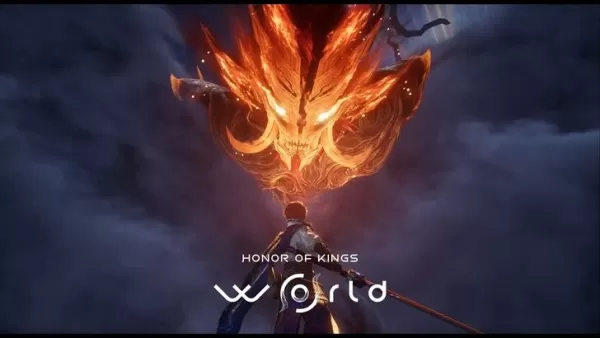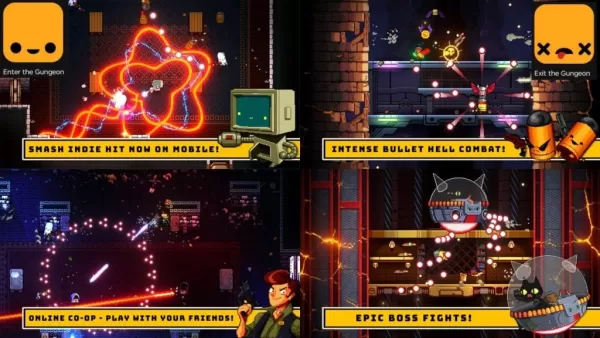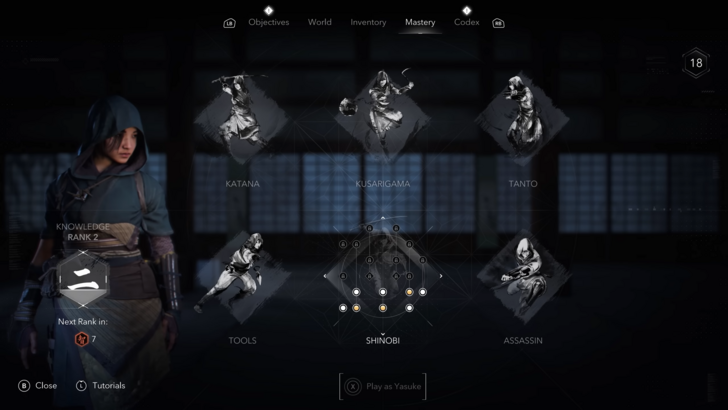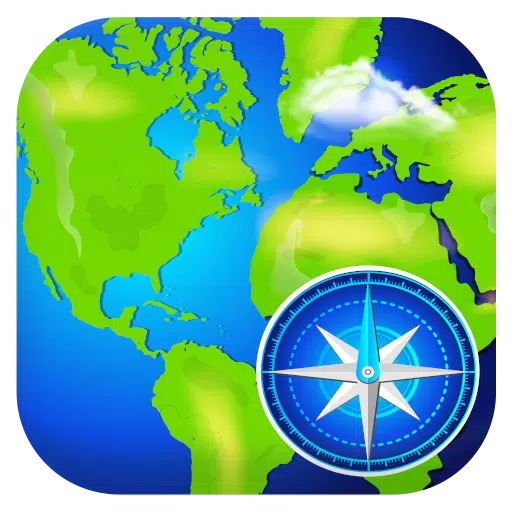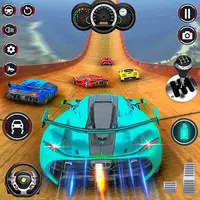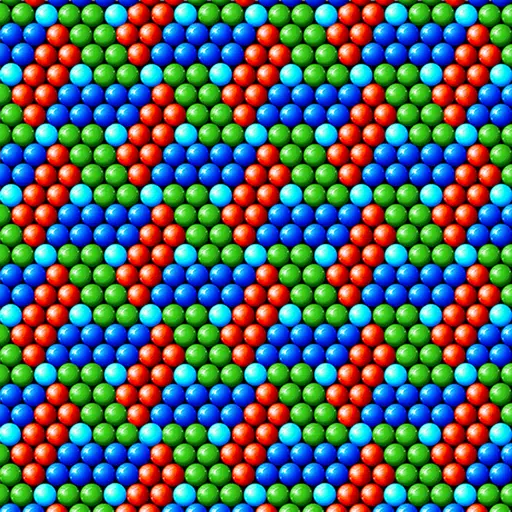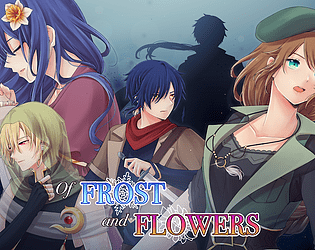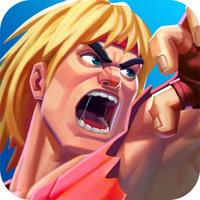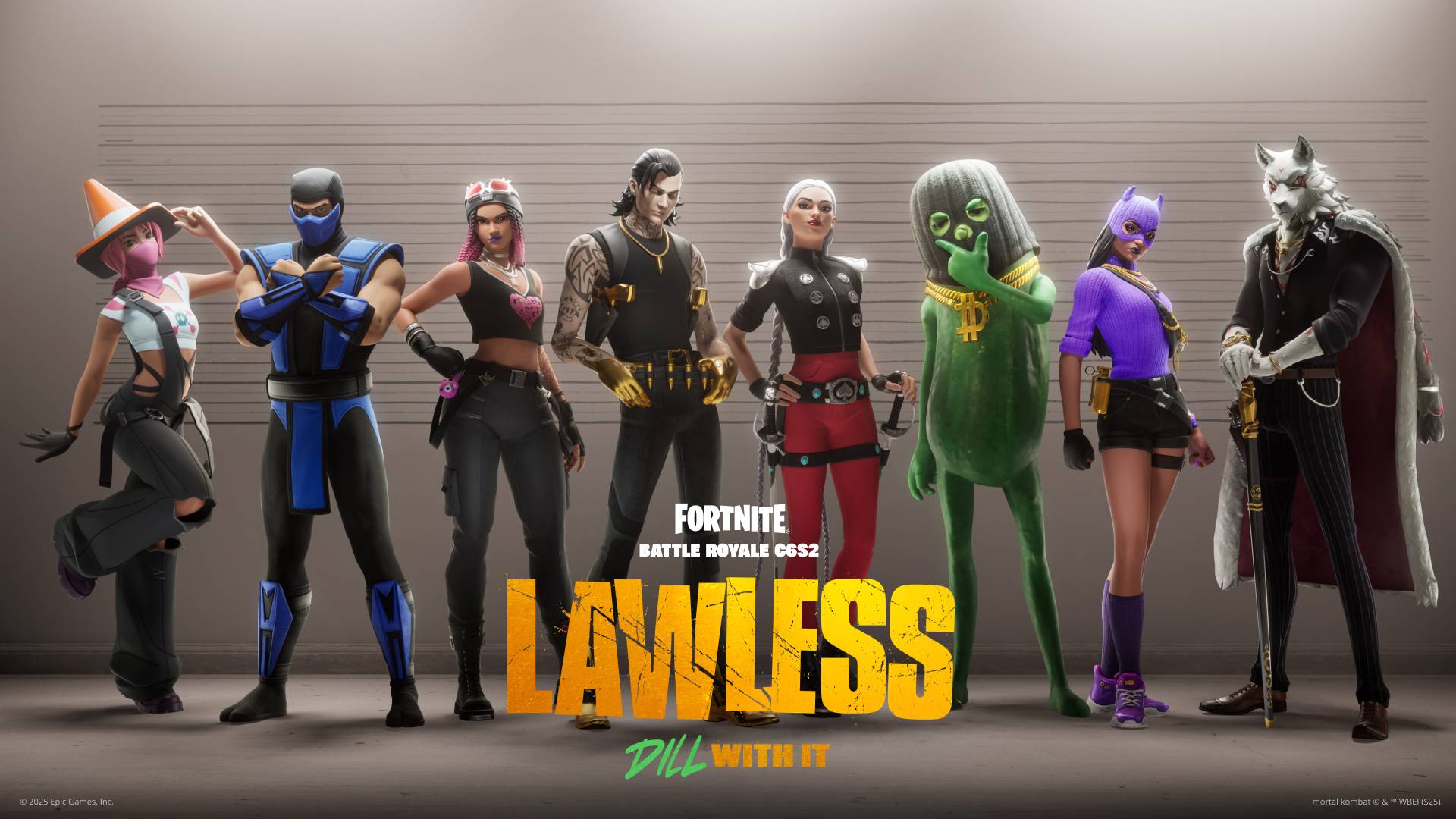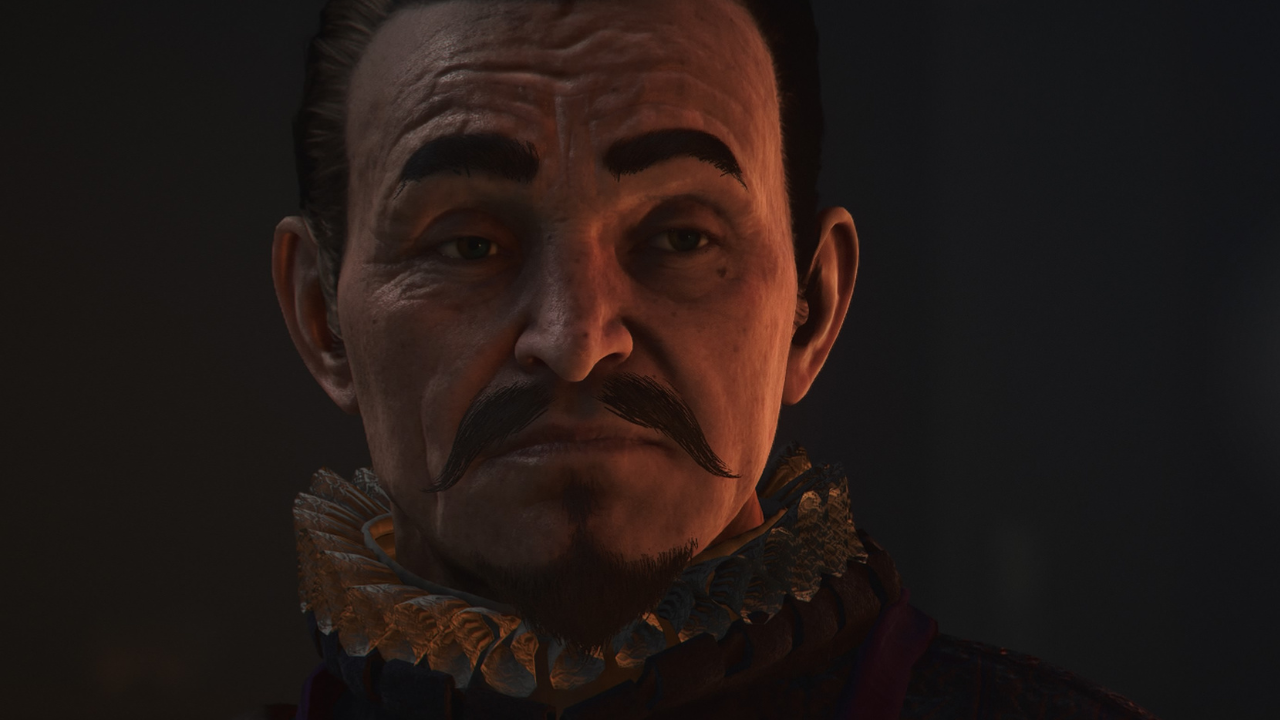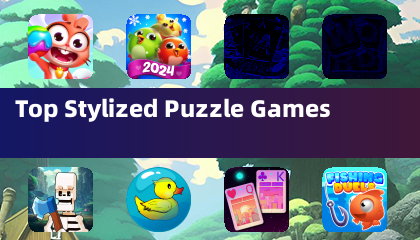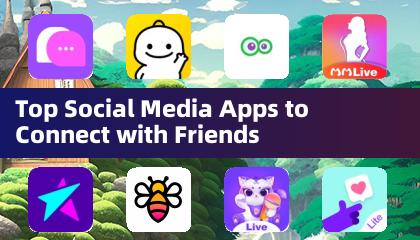Marvel Gaming Universe Concept, Similar to MCU, Proposed but Unfunded
The Marvel Cinematic Universe has undeniably reshaped the landscape of modern entertainment by weaving a vast, interconnected tapestry of films and television series, all contributing to a seamless overarching narrative. However, when it comes to Marvel video games, the story is starkly different. Each game exists in its own isolated universe, with no shared continuity. For instance, Insomniac’s Marvel’s Spider-Man series has no connection to Eidos-Montreal’s Marvel’s Guardians of the Galaxy. Similarly, upcoming titles like Marvel 1943: Rise of Hydra, Marvel’s Wolverine, and Marvel’s Blade operate independently of one another.
There was once a bold vision at Disney to create a Marvel Gaming Universe (MGU)—a concept that would mirror the success of the MCU in the gaming world. But what ultimately transpired?

DC and Marvel Superheroes: What's The Best Recent Game?
Pick a winner

 New duel
New duel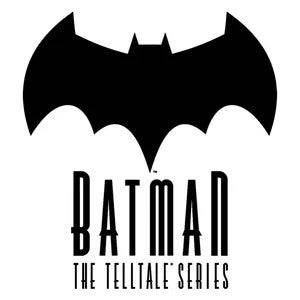 1ST
1ST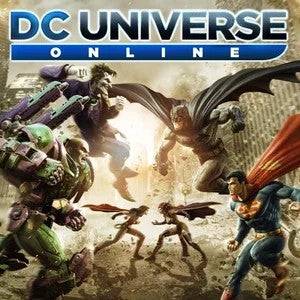 2ND
2ND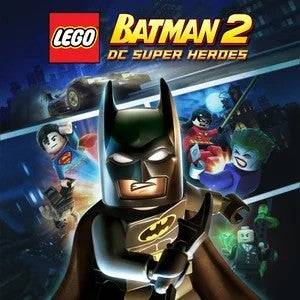 3RDSee your ResultsFinish playing for your personal results or see the community’s!Continue playingSee results
3RDSee your ResultsFinish playing for your personal results or see the community’s!Continue playingSee results
In an episode of The Fourth Curtain podcast, host Alexander Seropian and guest Alex Irvine revisited this ambitious MGU idea and discussed its demise. Seropian, renowned for founding developers like Bungie (Halo, Destiny) and later heading Disney’s video game division until 2012, initiated the project. Irvine, a prolific writer for Marvel games, including the critically acclaimed Marvel Rivals, shed light on the project’s trajectory.
“I first started working on Marvel games when there was this grand plan to build a Marvel gaming universe,” Irvine recounted. “It was supposed to function similarly to the MCU. But that never materialized.”
Seropian confirmed the MGU as his brainchild but admitted it lacked sufficient backing from Disney executives.
“It was my initiative during my time at Disney: ‘Let’s tie these games together,’” Seropian said. “This was before the MCU took off. Unfortunately, it never got the green light.”
Irvine, who previously worked on Bungie’s innovative I Love Bees ARG, elaborated on the proposed framework.
“It was incredibly frustrating because we had such creative ideas,” Irvine continued. “I was inspired by ARGs at the time and thought it’d be amazing if players could seamlessly transition between games. We could integrate comics, tie-ins, and even original content. Yet, it never got past the planning stage.”
So, why did the MGU fail to secure internal approval? Irvine noted that the complexity of maintaining consistency deterred some stakeholders.
“Back then, we were grappling with how the MGU would differ from comics or movies,” Irvine explained. “Deciding what stayed consistent proved tricky enough to dissuade some decision-makers at Disney.”
Had the MGU received the necessary funding, it could have transformed the gaming landscape. Imagine Insomniac’s Spider-Man games sharing the same universe as Square Enix’s Marvel’s Avengers and Guardians of the Galaxy, with characters crossing over and narratives culminating in an epic finale akin to the MCU’s Avengers: Endgame.
Today, the future of Insomniac’s Marvel’s Wolverine remains uncertain. Will it align with the Spider-Man universe? Could we see crossovers between characters?
Though the MGU remains an unfulfilled dream, it lives on as a tantalizing “what if.” Somewhere in a parallel universe, it might just be a reality.



